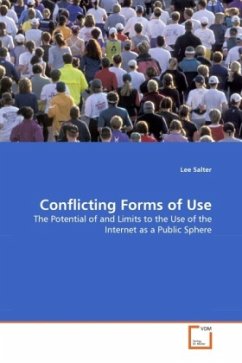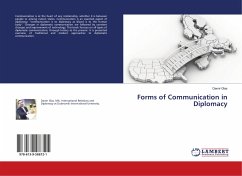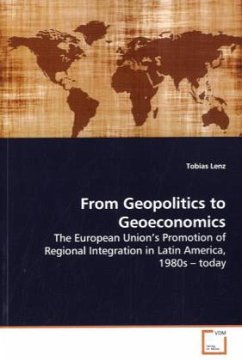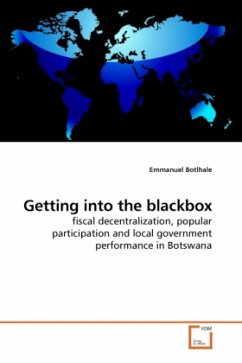
Conflicting Forms of Use
The Potential of and Limits to the Use of the Internet as a Public Sphere
Versandkostenfrei!
Versandfertig in 6-10 Tagen
52,99 €
inkl. MwSt.

PAYBACK Punkte
26 °P sammeln!
This study examines the potential of and limits to the use of the internet as a public sphere, especially the claim that the Internet is or can be a public sphere. Whilst a number of studies have debated whether or not the internet is a public sphere, here Salter undertakes a conceptual analysis of public sphere theory and the socio-structural context in which public spheres are situated, thus drawing on the wider corpus of Habermas's work to paying special attention to the thesis of colonisation'. Salter shows how activists must create radical public spheres through both communication and act...
This study examines the potential of and limits to the use of the internet as a public sphere, especially the claim that the Internet is or can be a public sphere. Whilst a number of studies have debated whether or not the internet is a public sphere, here Salter undertakes a conceptual analysis of public sphere theory and the socio-structural context in which public spheres are situated, thus drawing on the wider corpus of Habermas's work to paying special attention to the thesis of colonisation'. Salter shows how activists must create radical public spheres through both communication and action, as well as through engagement with the technologies they must form the technologies themselves, resisting processes of economic and state colonisation. The limits to the use of the Internet as a public sphere are not, however, inherent features of the technology itself, but pertain to its use under a system in which certain social practices and institutions have priority over others. Under these conditions, the use of the Internet as a radical public sphere takes place as a continual struggle against dominant forms of use.












